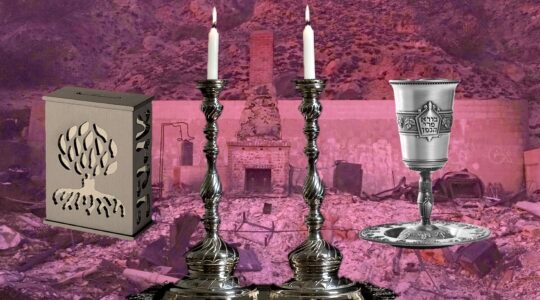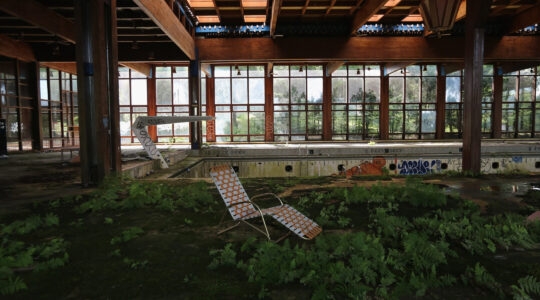When it comes to international terror, it seems all roads lead to Iran.
Is the rest of the world connecting the deadly dots?
Iran’s Lebanon-based arm, Hezbollah, fights in Syria in support of its autocratic leader, Bashir Assad, and encroaches closer to Israel’s northern border. News reports this week said the prominent Iranian general killed in an apparent Israeli strike near the Golan Heights border Sunday was part of an effort to establish four Hezbollah missile bases in the area. Israel is on high alert after Iran threatened a major retaliation against the “Zionist entity” it has long pledged to destroy.
The potential vehicle for that destruction is a nuclear weapon, and Tehran has been working with great determination for many years toward the goal of having nuclear arms, despite the heavy political and economic price it pays for its actions. No one believes Iran in its insistence that its goals are peaceful. Why, if that were true, would its efforts include building expensive components solely for carrying nuclear warheads? Yet the West allows the charade to continue, and the talks that have dragged on for many months between Iran and the U.S. and five other world powers do not even deal with Iran’s support of terror around the world.
A possible dot along the terror line was the suspicious and untimely death in Buenos Aires on Sunday of Alberto Nisman, the fearless prosecutor who had been investigating the 1994 bombing of the local Jewish community center that killed 85 people. He had established proof that Iran and Hezbollah were behind the terror attack, and he was scheduled to testify in Argentina’s Congress on Monday and reveal secret dealings between Iran and Argentina’s top government leaders.
Reports that he committed suicide are being viewed with great skepticism, given that Nisman had expressed concerns that he may be killed.
The Anti-Defamation League issued a statement that the prosecutor’s death was “another tragic episode in the sordid saga of Argentina’s failure to act decisively and unceasingly to find, arrest and prosecute those responsible for the AMIA terror attack.”
AMIA was the acronym for the Jewish community center, and one rabbi called Nisman “victim 86” of the AMIA bombing.
Iran, of course, denies all responsibility for the terror attack.
It is the same Iran that President Obama continues to seek a deal with over its nuclear program. He is resisting a congressional effort to assure that if the negotiations fail, sanctions against Iran will be tightened. The president said this week he will veto such a bill if it is passed; he fears Iran would make good on its pledge to cancel the talks and negate any progress that has been made.
We understand the president’s strong preference to deter Iran diplomatically rather than face the possibility of another military conflict in the region. But it was the sanctions that forced Iran’s leaders to come to the negotiating table in the first place. And the congressional bill would only take effect if, and after, the talks fail.
Washington needs to act in a muscular way. Better to call Iran’s bluff now than suffer the consequences later.
The New York Jewish Week brings you the stories behind the headlines, keeping you connected to Jewish life in New York. Help sustain the reporting you trust by donating today.




